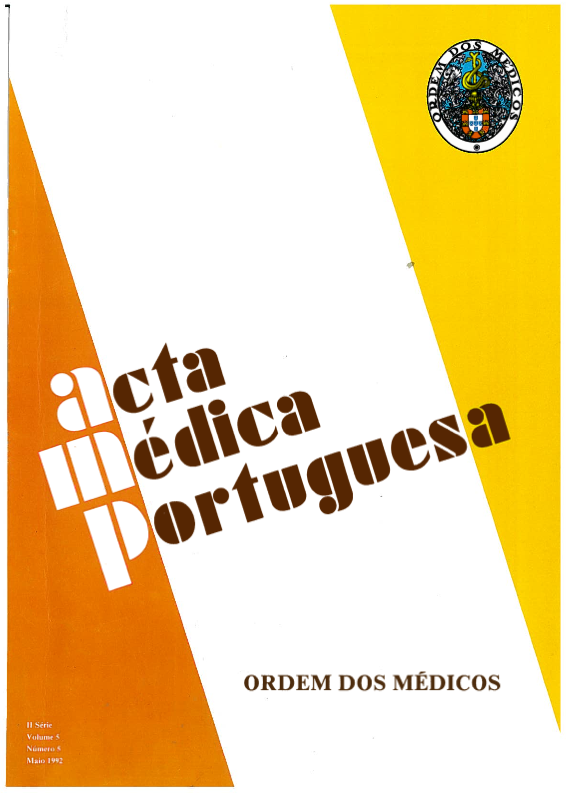Precocity of diastolic dysfunction in hypertensive cardiopathy.
DOI:
https://doi.org/10.20344/amp.3246Abstract
Left ventricular hypertrophy (LVH) is a well defined cardiovascular risk factor and is frequently detected by echocardiography in hypertensive patients. Systolic cardiac function at rest is usually preserved in hypertension, however, diastolic function may be frequently altered. Evidence for these changes has been demonstrated by Echo-Doppler even without concomitant existence of LVH. Quantitative and qualitative changes in contractile proteins and interstitial tissue as well as reduction of coronary reserve may be related to the mentioned dysfunction. Recent studies have confirmed the precocity of diastolic dysfunction both in laboratory animals as well as man. Further significant differences have been shown between normotensives with and without a family history of systemic hypertension. The relative importance of diastolic disfunction is also related to its possible role in the genesis of cardiac failure and its probable role in the modulation of cardiopulmonary reflexes in addition to the hemodynamics of arterial hypertension. It is not yet known if the presence of diastolic dysfunction is a mechanism or a risk marker like LVH.Downloads
Downloads
How to Cite
Issue
Section
License
All the articles published in the AMP are open access and comply with the requirements of funding agencies or academic institutions. The AMP is governed by the terms of the Creative Commons ‘Attribution – Non-Commercial Use - (CC-BY-NC)’ license, regarding the use by third parties.
It is the author’s responsibility to obtain approval for the reproduction of figures, tables, etc. from other publications.
Upon acceptance of an article for publication, the authors will be asked to complete the ICMJE “Copyright Liability and Copyright Sharing Statement “(http://www.actamedicaportuguesa.com/info/AMP-NormasPublicacao.pdf) and the “Declaration of Potential Conflicts of Interest” (http:// www.icmje.org/conflicts-of-interest). An e-mail will be sent to the corresponding author to acknowledge receipt of the manuscript.
After publication, the authors are authorised to make their articles available in repositories of their institutions of origin, as long as they always mention where they were published and according to the Creative Commons license.









